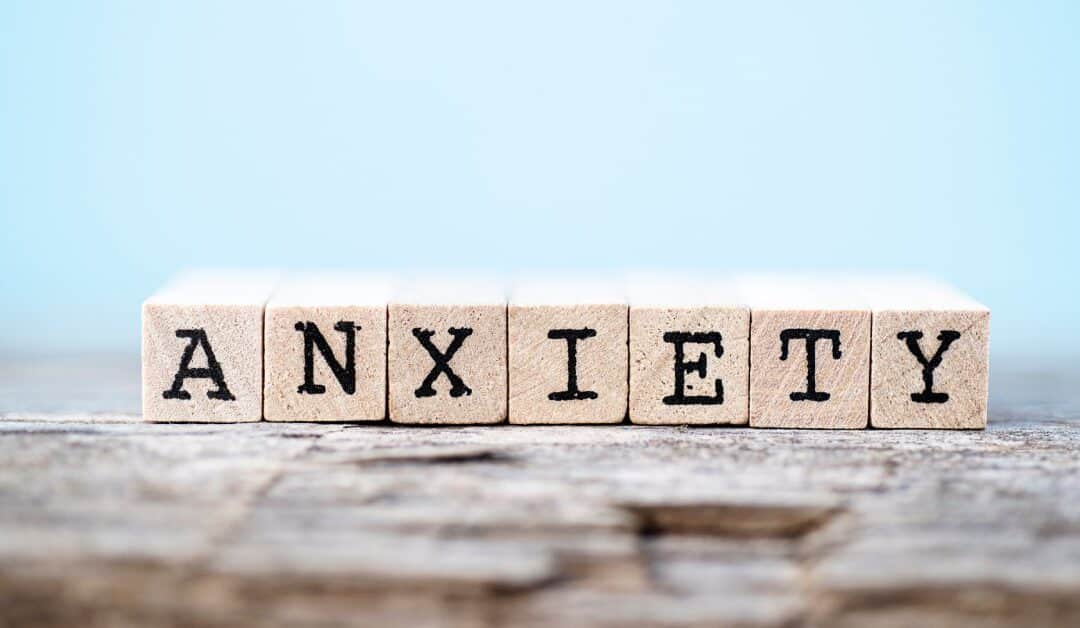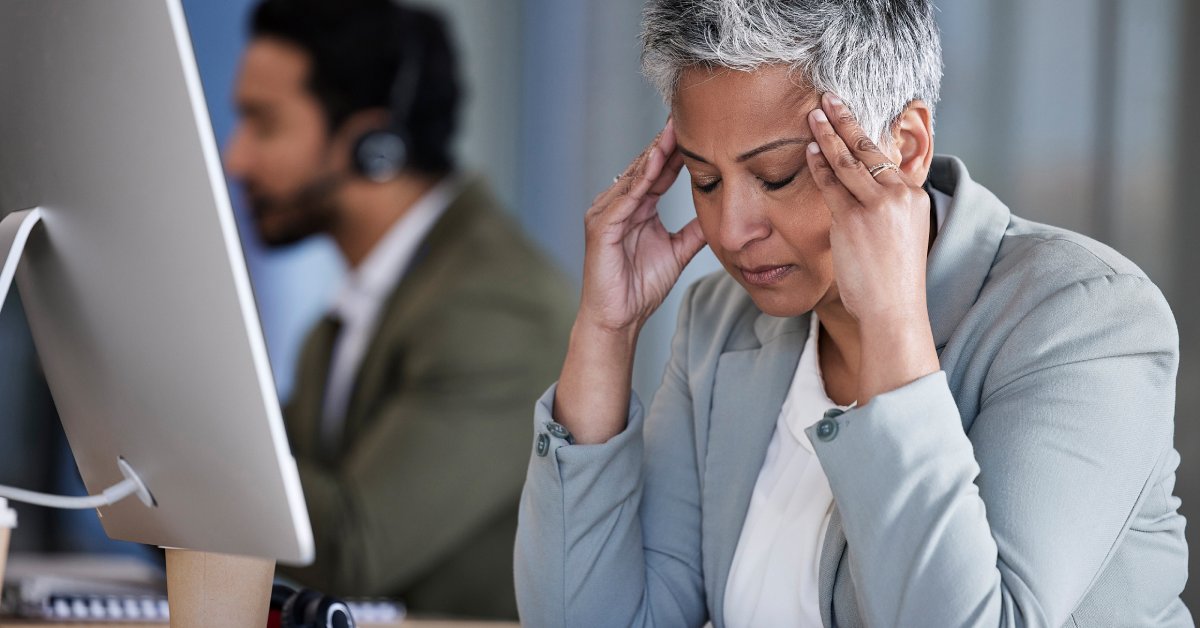Anxiety can feel overwhelming and frustrating at times, but understanding what prompts these feelings is a key step toward managing them effectively. Read this guide on how to identify and manage your anxiety triggers so you can live a calmer and more balanced life.
Tips for Identifying Anxiety Triggers
Learning to identify your triggers will allow you to anticipate them and lessen their effects. Review the strategies below for pinpointing anxiety triggers when they occur.
Keep a Record
Documenting your daily experiences and emotions is a useful tool for identifying anxiety triggers. Use a diary to track events, interactions, environments, and your emotional responses to them. Include the time of the day, what happened, and how you felt afterward.
Patterns often emerge once you begin outlining this information. Journaling provides insights into recurring incidents or themes that provoke anxious feelings, giving you a clear picture of what might be driving those emotions.
Look for Factors That Cause Stress
Whether it’s looming deadlines at work, financial concerns, or interpersonal conflicts, stressors tend to amplify a person’s feelings of unease. Pinpoint situations or responsibilities that consistently heighten your stress levels.
Certain environmental factors, such as noisy spaces or crowded areas, can contribute to your anxiety as well. By systematically cataloging these elements, you can determine which specific triggers contribute most significantly to your anxiety episodes.
Think About Your Past Life
A person’s early life experiences can leave deep emotional imprints that shape their anxiety triggers later in life. Childhood events, past traumas, or unresolved conflicts may still influence your current state. Reflect on these moments from your early life to determine the roots of your anxiety. Becoming aware of past challenges enables you to better understand why certain events or emotions resurface in the present day.
Monitor Your Behaviors
Your behavioral patterns can provide you with clues to identify anxiety triggers. Pay close attention to the times when you feel compelled to avoid certain tasks, cancel plans, procrastinate, or act differently due to unease. These actions might stem from specific triggers.
For instance, if you avoid social gatherings, it may indicate discomfort in social settings. Procrastination at work could suggest you have performance-related anxiety. Recognizing these behaviors helps connect the dots between your actions and underlying causes.
Study Your Reactions
Your physical reactions can reveal triggers that your mind hasn’t consciously recognized. For example, experiencing muscle tension, an increased heart rate, nausea, sweating, or shallow breathing can signal the onset of anxiety triggered by specific situations.
Keep track of when these reactions occur, paying close attention to the environmental and emotional factors present at that moment. Your physical symptoms can tell you what words and logic sometimes fail to explain, making body awareness a powerful tool in identifying anxiety triggers.
Talk to a Psychiatrist
Consider consulting a psychiatrist who can help you identify triggers through professional assessments and therapeutic conversations. They can work with you to evaluate complex situations and provide tailored advice or treatments that will help you manage anxiety symptoms more effectively.
Mental health professionals have the training to identify subtle patterns or anxiety causes that might evade your analysis. Expressing your struggles and experiences to a professional gives you a collaborative partner in your mental health improvement plan.
Tips for Managing Your Triggers
After reviewing how to identify anxiety triggers, it’s time to talk about how you can better manage them. The suggestions below will help you develop healthier responses to your anxiety so you can regain a sense of control over your day-to-day life.
Breathe and Meditate
Use breathing exercises when you feel physical sensations of anxiety, like a fast heart rate. Try diaphragmatic breathing or the 4-7-8 breathing technique to signal to your body to relax. Similarly, meditation practices, including mindfulness or guided meditations, encourage you to center your thoughts and stay present, reducing the overwhelming feelings that anxiety often brings.
Rely on these techniques to nurture your mental health and foster resilience. With patience and regular practice, breathing and meditation can become effective anchors for regaining emotional balance.
Engage in Physical Activity
Exercise can also reduce anxiety symptoms and improve mental well-being. For example, walking helps your body release endorphins that alleviate stress. Physical activity also distracts you from anxious thoughts while allowing your body to release built-up tension. However, a routine doesn’t have to be rigid or strenuous to make an impact. Any form of movement can be beneficial.
Socialize With Friends and Family
Maintaining your connections with loved ones is another powerful way to manage anxiety. Social support also fosters a sense of belonging and reminds you that you are not alone in your experiences. Whether through a phone call, a casual conversation, or dedicated time together, engaging with loved ones can provide reassurance. Never hesitate to reach out, as these connections often offer the encouragement and understanding needed to reduce feelings of anxiety.
Think About Past Accomplishments
Anxiety can distort your perspective about challenges, making your problems feel bigger than they are. Reflecting on past successes can provide comfort and remind you of your capabilities in high-pressure situations. Whether navigating a tough work-related project, overcoming personal difficulties, or achieving a small goal, past accomplishments highlight moments of strength and adaptability. Use these as reminders to stay grounded during times of uncertainty.
Improve Your Diet
The foods you consume can influence your anxiety levels. For example, high intakes of sugar or caffeine can lead to anxiety. Incorporate balanced meals to better regulate your blood sugar and stabilize your mood throughout the day.
Get Enough Rest
Sleep directly supports mental clarity and emotional balance, both of which are essential when dealing with anxiety. A consistent and sufficient sleep schedule safeguards against the fatigue and irritability that can magnify anxiety.
Establish a calming bedtime routine that excludes electronics and overstimulating activities to improve the quality of your sleep. Sleep is the foundation of your overall well-being, making it a crucial component in managing anxiety triggers effectively.
By understanding how to identify and manage anxiety triggers, you can have a more peaceful future. Contact the Neuropsychiatric Clinic for the professional-led care you need to improve your mental health. We offer anxiety treatment in Atlanta that can assist with your struggles and help you make progress. Call us today to discover how we can help you meet more mental health milestones.


